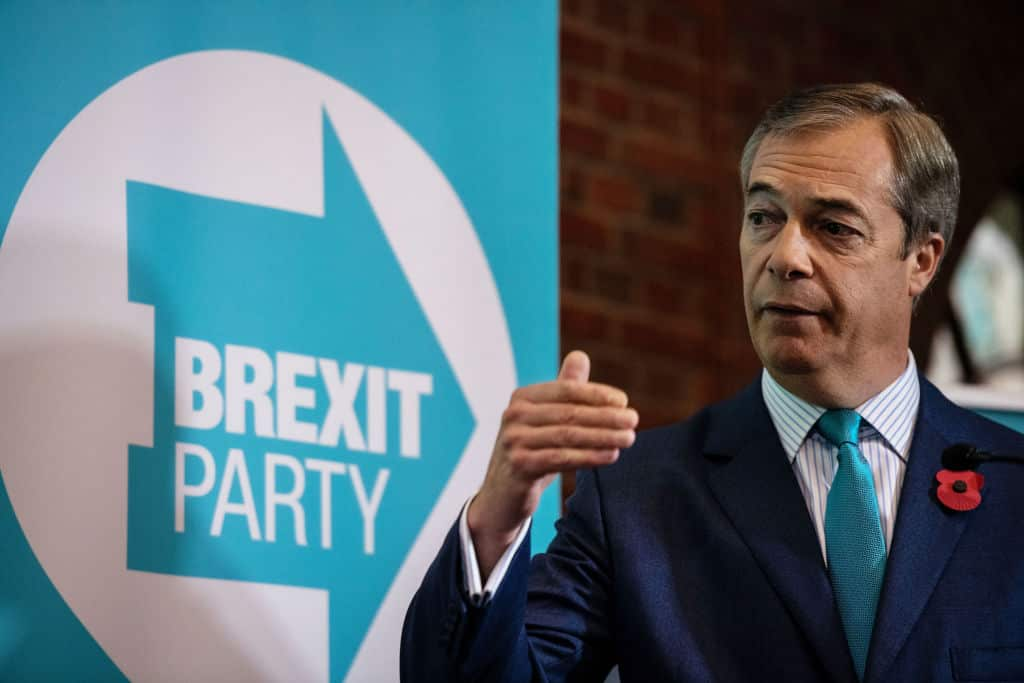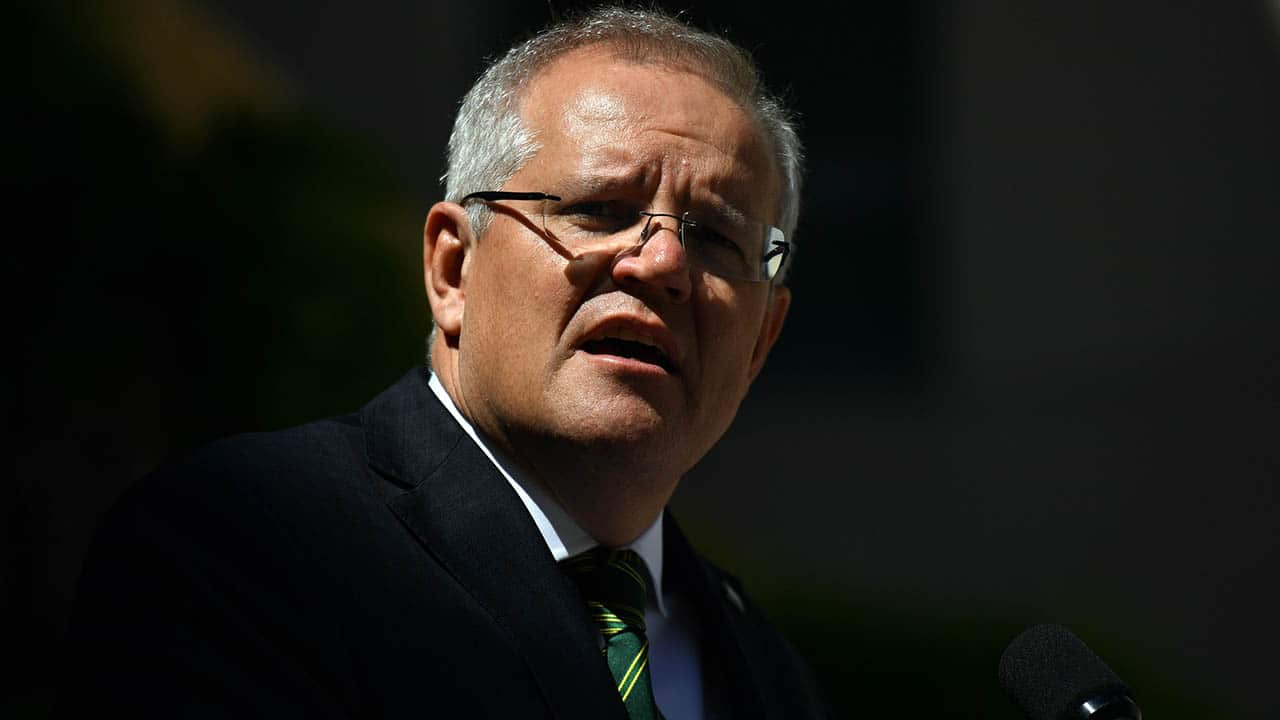"It is a complete mystery how something that was not a high-priority issue can become in three years your defining political identity," the former Conservative Party MP Rory Stewart told the New Yorker recently.
Stewart is not exaggerating when he says Britain's relations with the EU were a low priority for the British people. In 2010, barely 1 per cent nominated it as Britain's most important challenge. That was the same year David Cameron, who triggered Brexit, became British Prime Minister.
Now, after a referendum and two prime ministerial resignations, Britain is poised to fight an election over the issue.
But there is no mystery about why Brexit became the Conservative Party's "defining political identity". It was because the Eurosceptic wing of the Party chose to make it one, and the party leader lacked the authority to stop it.
Previous Tory prime ministers such as Margaret Thatcher and John Major stared down hard-line Euroscepticism, always a minority taste in the party and the nation. But David Cameron found it impossible to resist calls for a referendum. The Conservative Party's voting bloc was being eroded by Nigel Farage's UKIP, which gave backbenchers and their fringe views more leverage. This is important for Australia because the erosion of support for traditional political parties is not confined to Britain – it is happening in every Western democracy including Australia.
This is important for Australia because the erosion of support for traditional political parties is not confined to Britain – it is happening in every Western democracy including Australia.

Leader of the Brexit Party, Nigel Farage. Source: Getty Images Europe
To understand what is happening, it is useful to first set aside a popular alternative explanation not only about Brexit but also Trump and the election surprises that have come from Europe in recent years. The argument goes that Western voters are drifting right. There has been a backlash, it is said, against immigration and liberal cultural values such as sexual and religious tolerance.
But that theory cannot account for opinion polling showing that, even throughout the chaotic Brexit process, Britons have become more tolerant of immigration. Nor for how a centrist like Emmanuel Macron succeed against the far-right in France. Nor for the rise of the Greens as a major force in German politics. Nor for Australia's decisive support for same-sex marriage. Even the Trump phenomenon doesn't really fit, since he was far from the most right-wing candidate the Republicans offered in 2016.
There's an alternative theory which accounts for these apparent anomalies, which is that the electorate is simply drifting away from the big centre-right and centre-left parties. This has been happening all over the West for decades now as employment has changed from blue collar to white, as women's role in society has changed and as religion has moved from the centre of society. All these changes have undermined the basis on which these traditional parties were formed. In Australia, for example, the Labor Party was created to represent the political interests of unions, yet today less than 15 per cent of the workforce is unionised. The Liberal Party, by contrast, was created to oppose the unions. So what is the point of the Liberal Party if there is no union movement left to fight?
In Australia, for example, the Labor Party was created to represent the political interests of unions, yet today less than 15 per cent of the workforce is unionised. The Liberal Party, by contrast, was created to oppose the unions. So what is the point of the Liberal Party if there is no union movement left to fight?

British Prime Minister Boris Johnsonmissed Brexit's October deadline. Source: Getty Images Europe
It is true, of course, that right-wing populist parties have done well in Europe in recent years, but that doesn't necessarily mean voters are becoming more right wing. An alternative explanation is that there has always been a minority attracted to the ideas these parties represent, but until recently the major parties had their vote locked up. As these parties have diminished, the populist vote has been liberated.
The solution to Rory Stewart's "mystery", then, is not that voters are becoming more right-wing. It is that the Conservative Party, like major parties everywhere, was declining, and as it did so, it became less stable and more vulnerable to shocks. There was no public clamour for a reckoning on the Europe question. This was an internal party dispute, one which has brought about the biggest shift in Britain's foreign policy since the Suez crisis.
The lesson for Australia is that we are not immune. On the surface, Australian politics looks placid right now. In fact, many say that, thanks to Scott Morrison's surprise election victory, we have turned a corner on the last decade of instability and infighting in both our major parties. But that's a complacent view which fails to take account of the deeper trends here and internationally. At the 2019 Australian federal election, for instance, almost 25 per cent of voters put an independent or minor party first on the House of Representatives ballot paper. The primary vote of both major parties declined, reinforcing an almost unbroken trend which started decades ago.
At the 2019 Australian federal election, for instance, almost 25 per cent of voters put an independent or minor party first on the House of Representatives ballot paper. The primary vote of both major parties declined, reinforcing an almost unbroken trend which started decades ago.

Source: AAP
Eventually, the independents and small parties will make their popularity felt in the House of Representatives. Thanks to the voting system, it is still hard for them to get elected, but on present trends the dam will break and we may get 10 or 11 cross-bench seats rather than four or five. At that point, we will get permanent minority government.
That's not a disaster in itself – plenty of countries manage to run their affairs quite well that way. The real danger is in the way the big parties behave on their way down. One of them could trigger something just as disruptive as the Conservatives did with Brexit.
Sam Roggeveen is Director of the International Security Program at the Lowy Institute, and author of Our Very Own Brexit: Australia's Hollow Politics, and Where it Could Lead Us.










